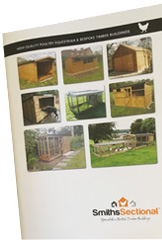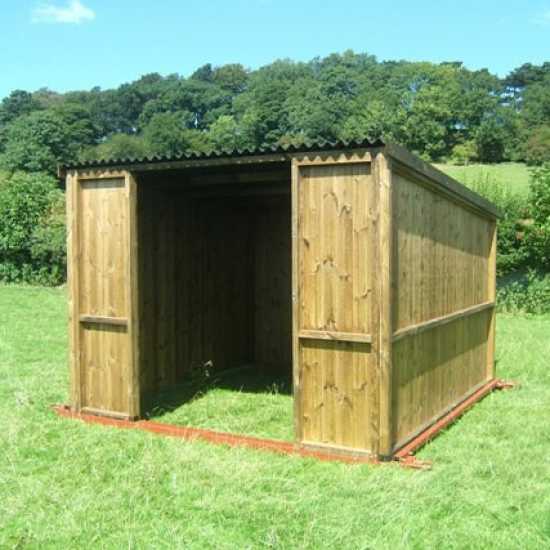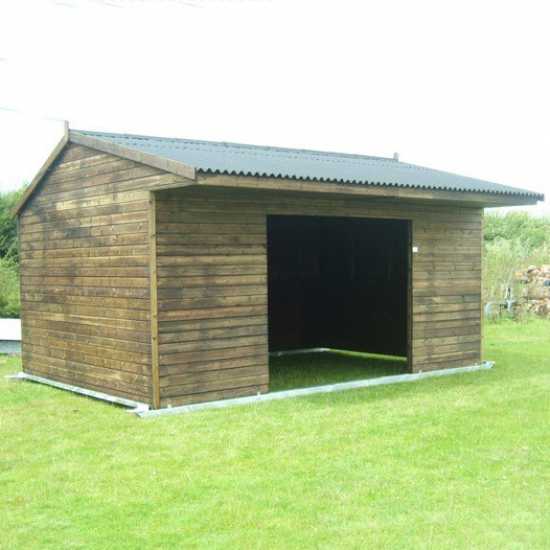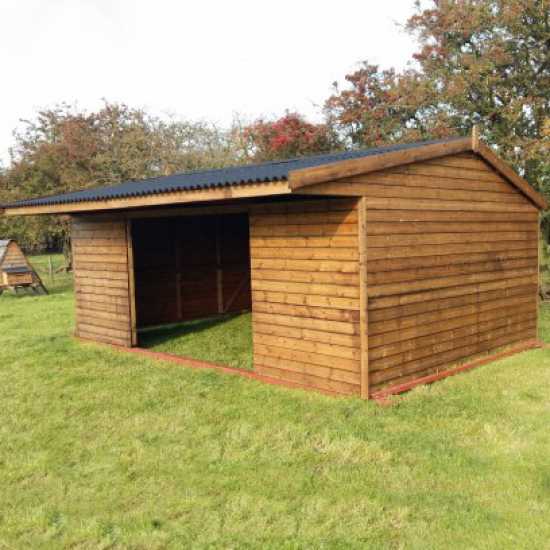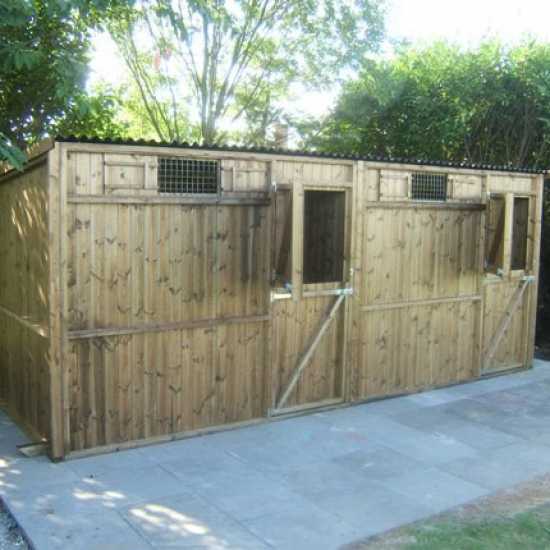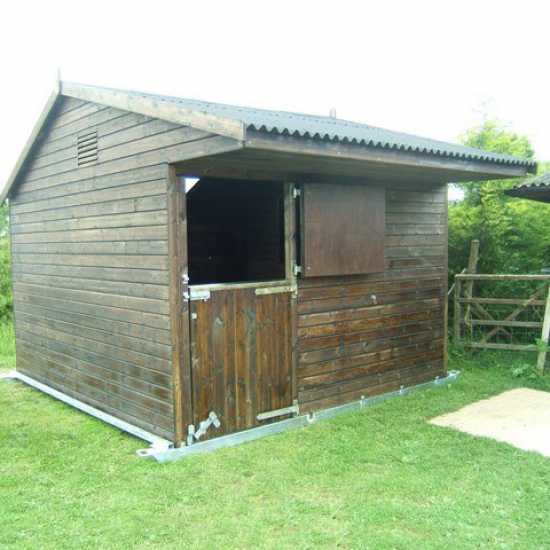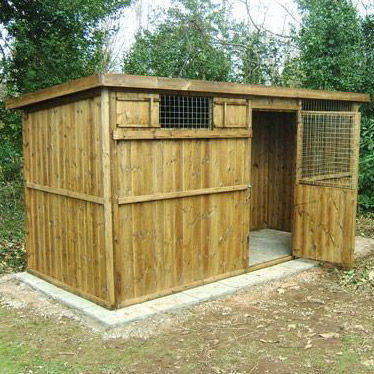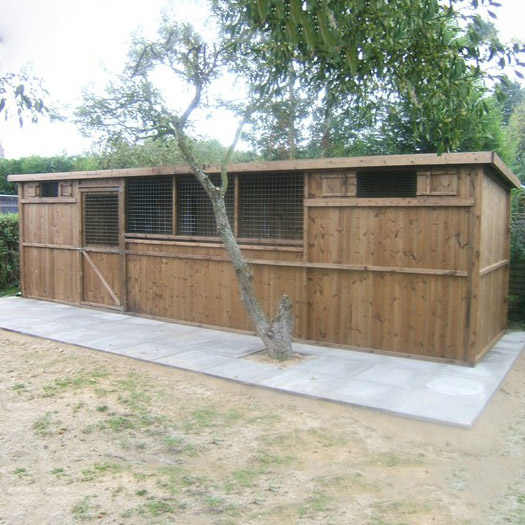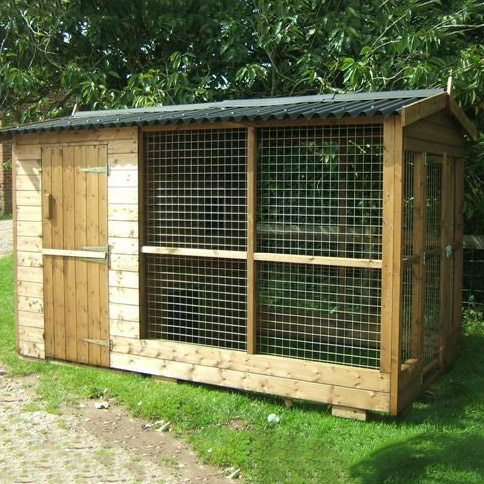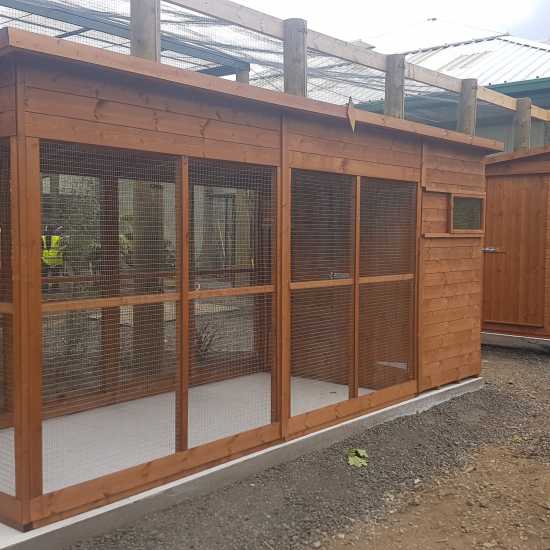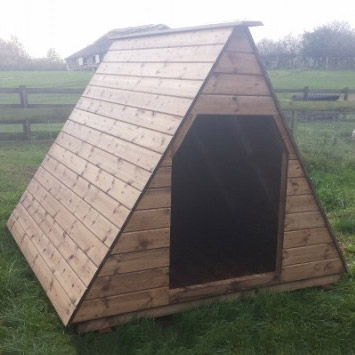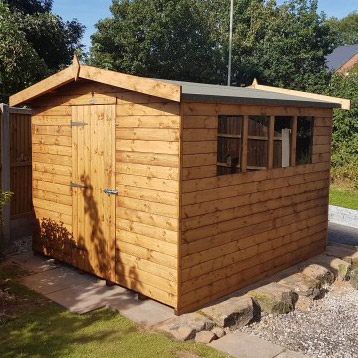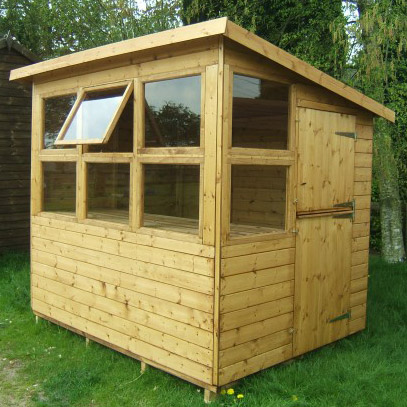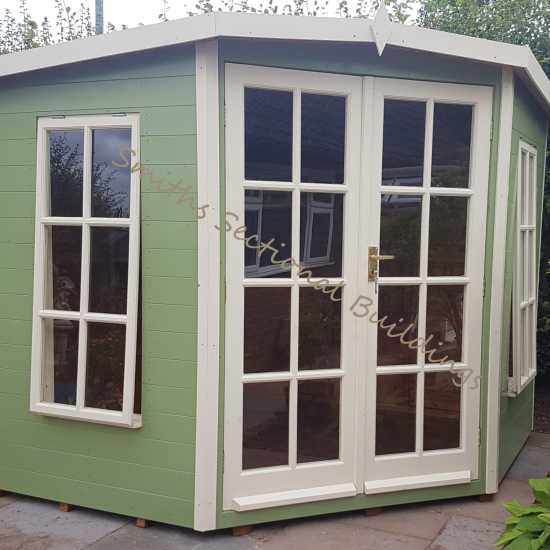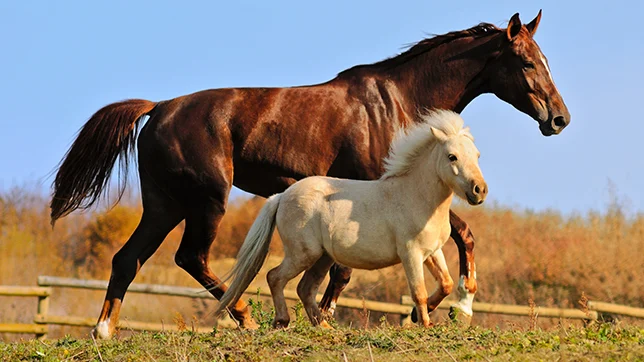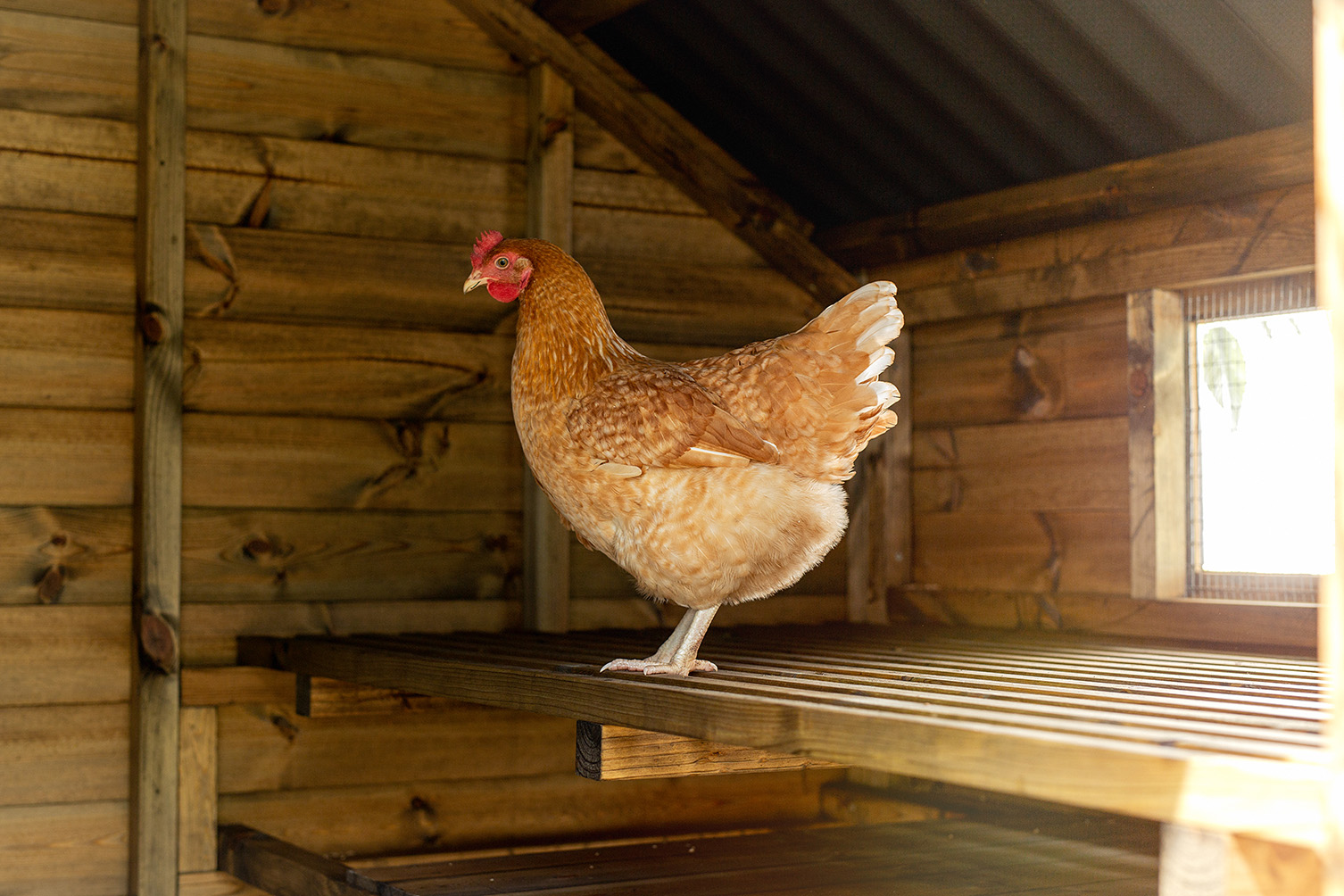If you’re thinking about keeping chickens you probably have lots of questions. How many chickens should I buy, where should I keep them, what breed is best – there’s a lot to think about! As experienced chicken house makers and keepers we thought we’d share with you our top tips on starting with chickens.
First up that all important question…
Why should I keep chickens?
We love chickens and think they have lots of attributes which make them great animals to keep. Firstly, they’re a pet which gives you something back – eggs! Not only that though, chickens have great personalities and are lots of fun to interact with. Unlike pets which need walking, grooming and feeding daily, they’re also pretty low maintenance.
Interested in sustainable living? Raising your own chickens guarantees that your eggs are locally produced and free range. Collecting, cooking and eating your own eggs is truly satisfying and a taste you can’t buy.
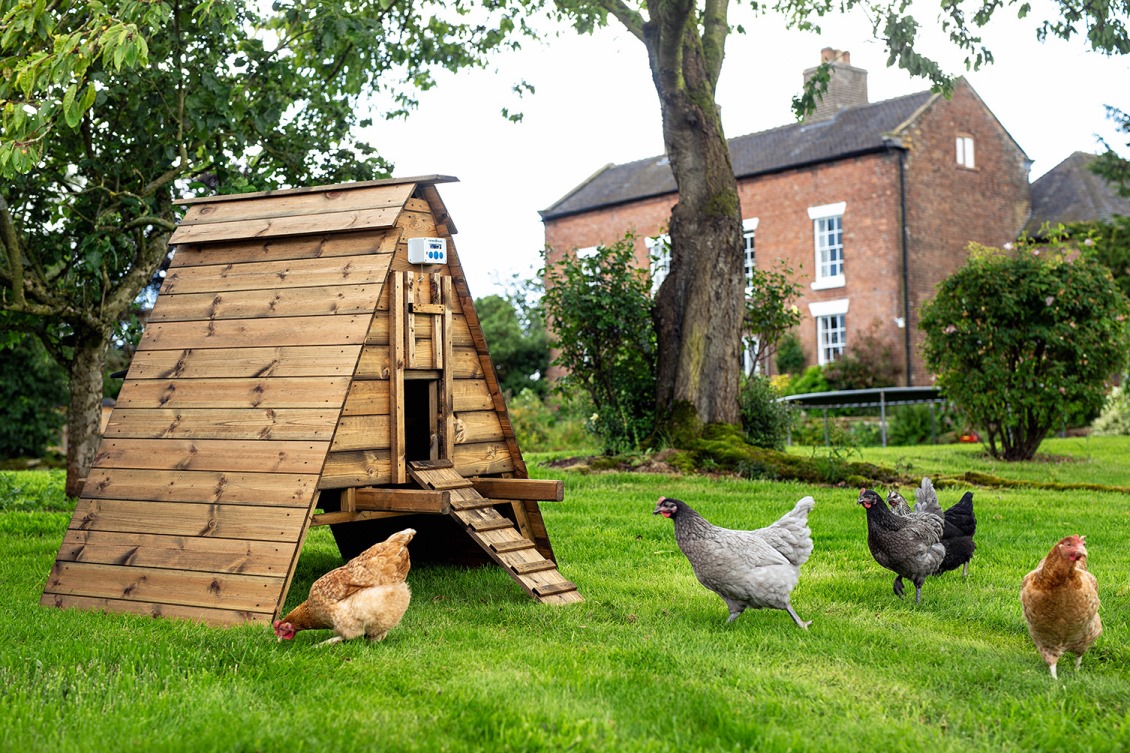
The Midi Dingle is an excellent starter house. It’s a coop with no run and has a raised house area providing some shelter.
How many chickens should a beginner get?
Chickens are sociable animals so it’s not a good idea to just keep one. Three would be a good number to start with so your chickens can enjoy their natural flock behaviour, grouping together for warmth and comfort. A starter flock of three will also get you used to the routines of collecting eggs, cleaning out the coop and feeding your chickens.
Make sure you get hens, not cockerels, if you’re wanting eggs.
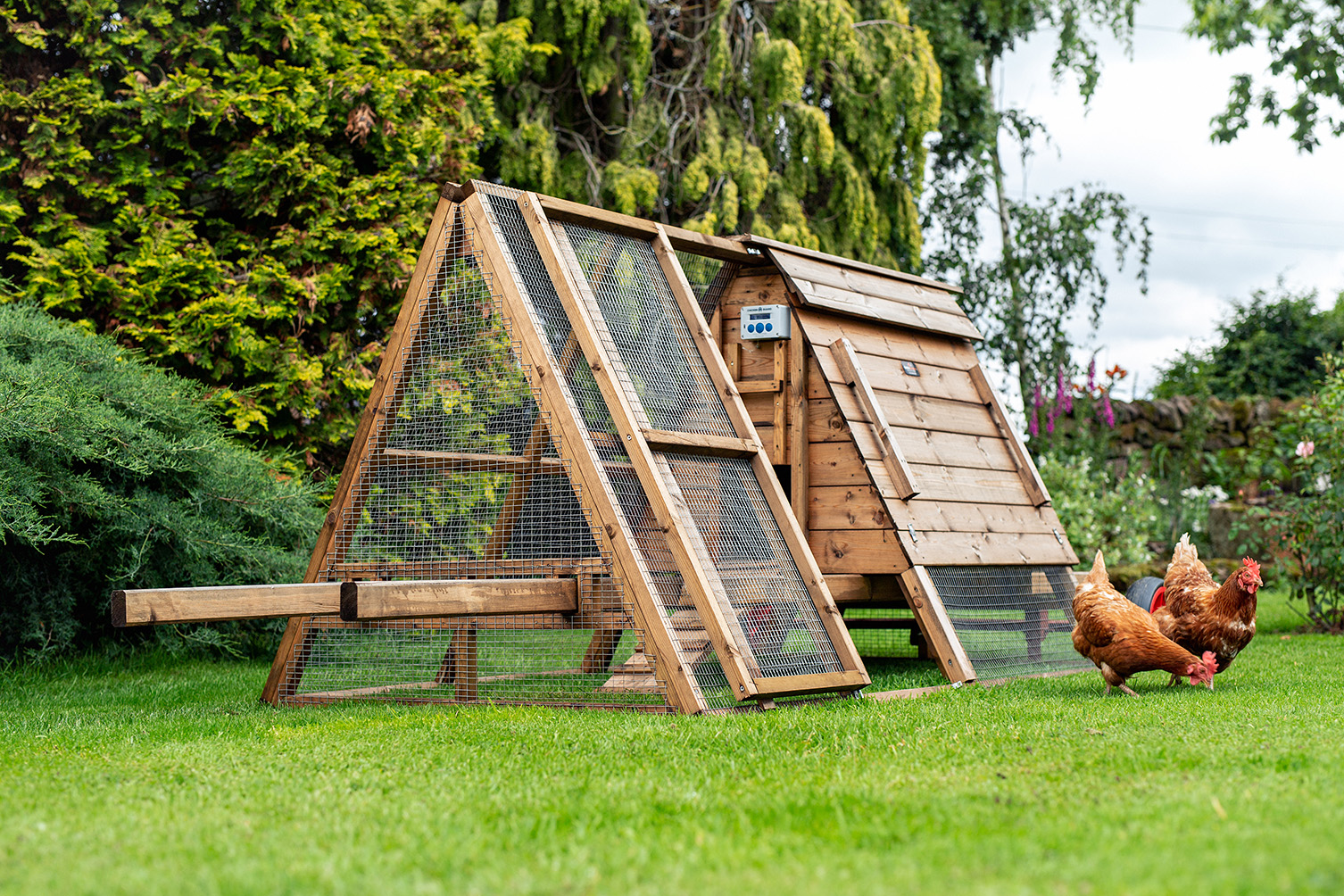
The Mini Dell is ideal for 3 hens. It’s a raised hen coop with run, and it’s portable, allowing you to give your chickens fresh pasture. It’s also available in larger sizes to house up to 12 hens.
Where should I keep my chickens?
Chickens need both a safe indoor space and an outdoor area to roam in.
Their indoor area is normally a purpose built chicken coop, but you could re-purpose an existing garden building such as a shed. To keep your chickens happy and healthy their hen house must have a big enough entrance for them to pass through, flooring with a covering of wood shavings or straw, perches (enough for each chicken) and comfy nest boxes, (ideally 1 nest box for every 4 – 5 hens).
Their outdoor space allows your chickens to roam and forage. This could either be an enclosed run or giving them free range of your garden or backyard. The outdoor space needs good pasture, shelter, dry soil (chickens love a dust bath!), food and water. If you’re positioning a run, somewhere with partial shade is a good idea so your chickens get to enjoy the sunshine and escape the heat. A raised chicken coop can work well so your chickens can shelter under the raised house area.
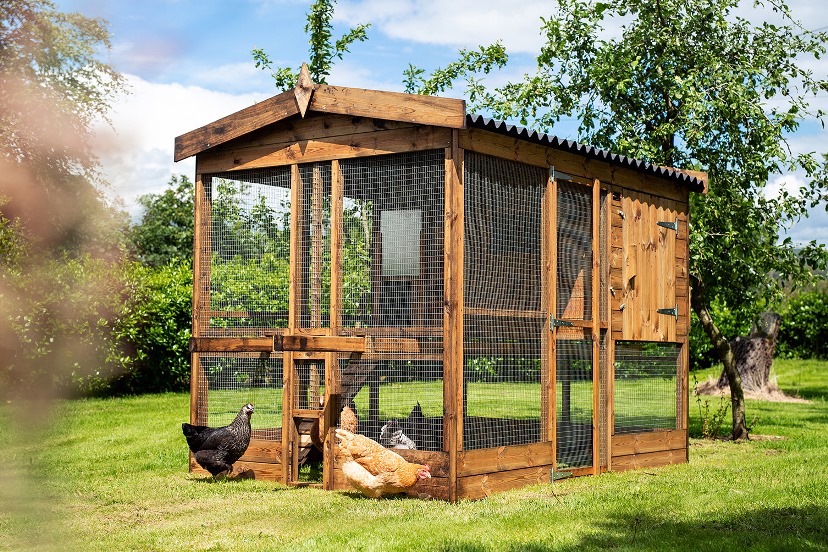
The Thicket High house is a walk in chicken house and run, an ideal set up for a chicken keeper who wants to be able to stand up in their chicken coop. It also has a raised house area, which offers shelter.
How much space do chickens need?
Your chickens should have enough space to exercise, stretch their wings and carry out normal chicken behaviour. If you have 3 or 4 hens, around 1 square metres of outdoor space per hen is advisable. If they will be allowed to roam or you have more chickens, their run can be smaller. For example, our Mini Thicket is a chicken coop with run and, at about 3 square metres, would be the perfect chicken coop for 3 or 4 hens, or up to 6 if they are also allowed out to roam. If you intend to keep your chickens in the coop, a run extension will give them extra room. It’s also a good idea to get a mobile chicken coop so you can easily move it onto fresh pasture.
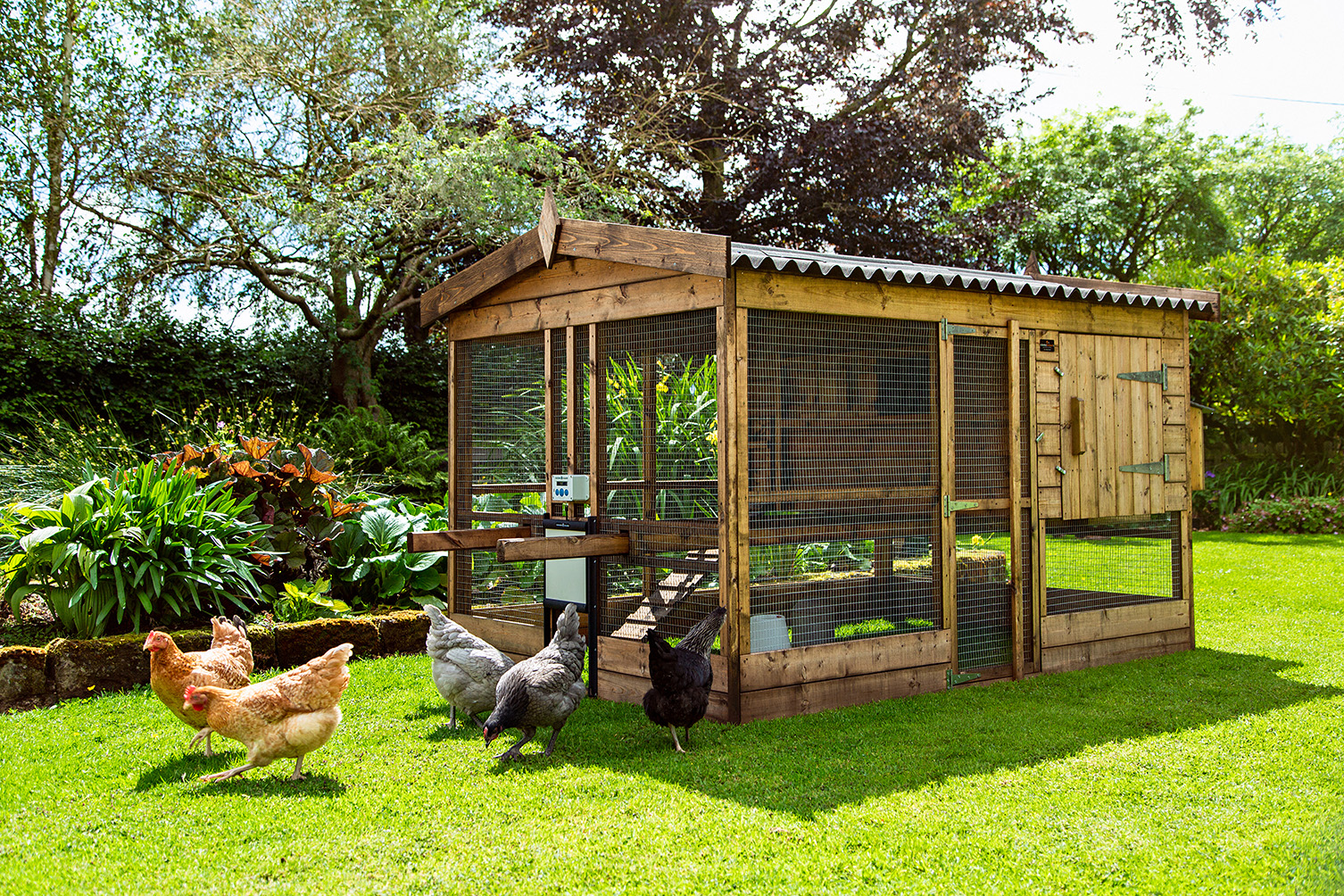
The Thicket is a very popular set up, with a raised chicken coop and incorporated run with a roof. It’s available with wheels so it can be portable too.
What breed of chickens should I get?
If you’re a beginner you’re no doubt looking for hens which are friendly, mild mannered and good egg layers. We think you can’t go wrong with Pekin bantams which are generally gentle and calm or a hybrid chicken such as Rhode Island Reds or Light Sussex which are typically easy to care for and hardy. All of which are popular chicken breeds here in the UK.
A cockerel is best avoided for beginners since they can be aggressive and noisy. They also don’t lay eggs, which is probably what your chicken keeping plans are all about.
